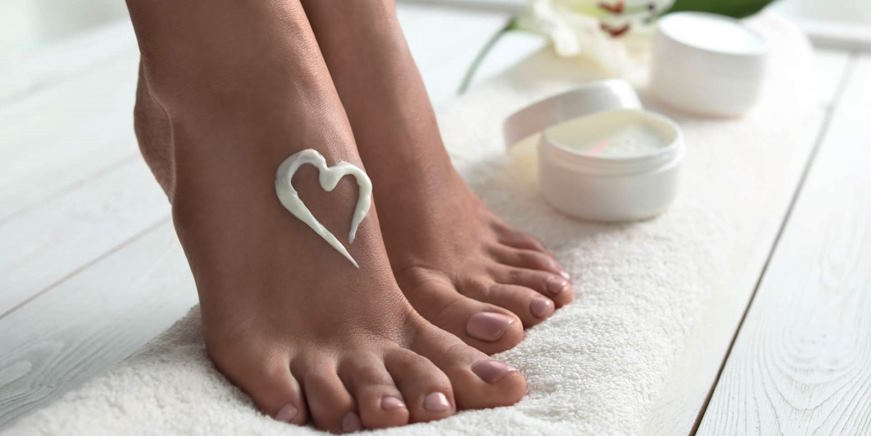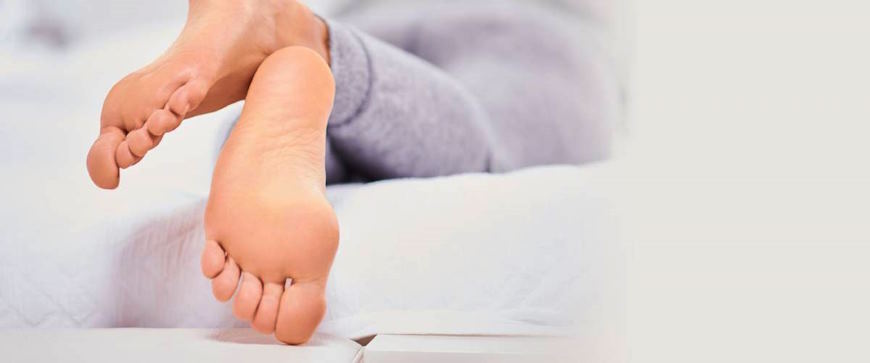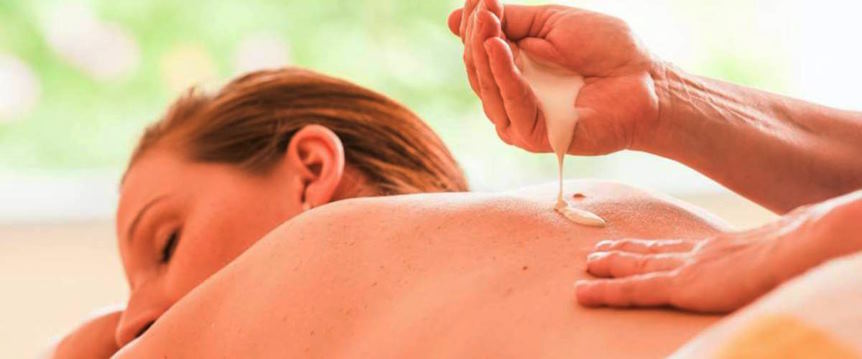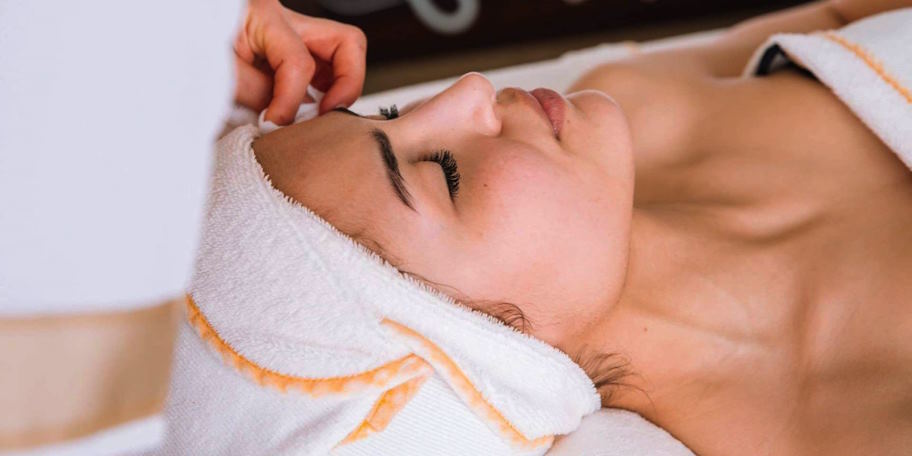How to Make Heels Soft and Smooth at Home

High heels can elevate your style and confidence but also take a toll on your feet, leaving heels dry, rough, and cracked. Taking care of your heels is essential not only for comfort but also for maintaining a polished appearance. Here’s how to achieve soft and smooth heels right at home with simple yet effective techniques.
Moisturize Regularly
Regular moisturization is one of the best ways to keep heels soft and smooth. Apply a thick moisturizing cream or lotion before bed, after a shower, or when your heels feel dry. Look for products containing ingredients like shea butter, coconut oil, or glycerin, which help to hydrate and lock in moisture. For an intensive treatment, wear cotton socks overnight after applying moisturizer to help seal in hydration.
Exfoliate Dead Skin
Regular exfoliation helps to remove dead skin cells and rough patches from your heels, revealing softer skin underneath. You can make a simple homemade foot scrub using ingredients like sugar or salt mixed with olive oil or honey. Gently massage the scrub onto damp heels, focusing on rough areas, then rinse with warm water. Exfoliate your heels 1-2 times per week to maintain smoothness.

Soak and Soften
Give your feet a pampering soak to soften rough heels and relax tired feet. Fill a basin with warm water and add a few drops of your favorite essential oil or a cup of Epsom salt for added benefits. Soak your feet for 10-15 minutes to soften the skin, then gently pat dry with a towel. This hydrating soak helps to prepare your heels for exfoliation and moisturization.
Use a Pumice Stone or Foot File
- Use a pumice stone or foot file to remove hardened skin and calluses from your heels gently.
- Wet the stone or file and gently rub it in circular motions on damp skin, focusing on rough areas.
- Be cautious not to over-exfoliate, as this can irritate.
Regular use of a pumice stone or foot file helps to keep heels smooth and prevents the buildup of thickened skin.
Protect and Prevent
Maintaining soft heels is essential to protect them from further dryness and damage. Wear comfortable, well-fitted shoes that provide adequate support and cushioning, especially when wearing heels for extended periods. Use heel pads or silicone heel cups to reduce friction and prevent blisters. Avoid walking barefoot on rough surfaces, which contributes to dry and cracked heels.




